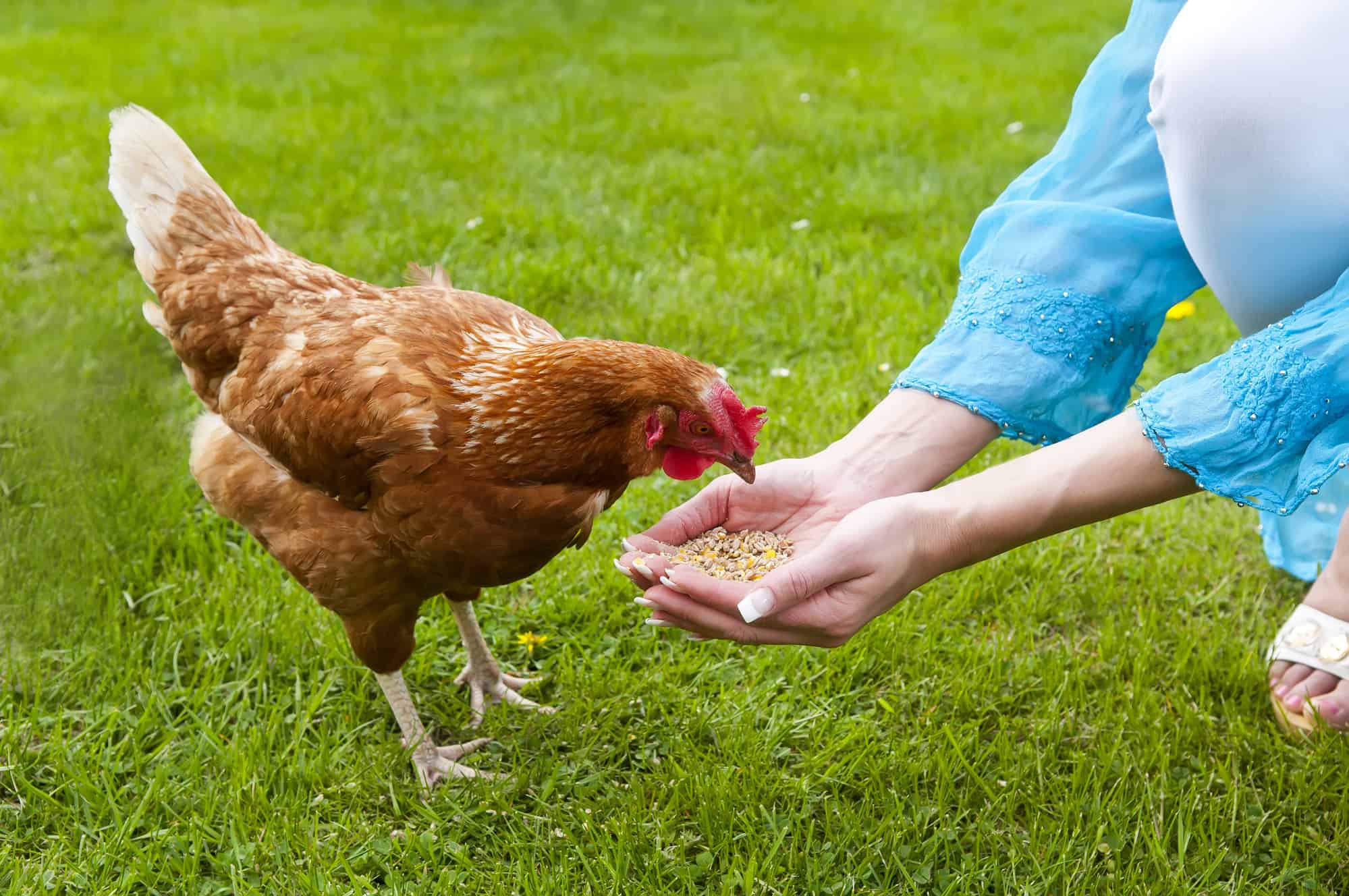If you’re a chicken farmer, you know that chickens love to eat bread. Not only does bread provide an essential source of nutrition for chickens, but it’s also an incredibly affordable way to feed them. In this guide, we’ll discuss how to effectively feed your chickens with bread, as well as the benefits of doing so. We’ll also provide some tips on how to ensure that your chickens receive all the nutrients they need. By the end of this guide, you’ll have the knowledge and confidence necessary to provide your chickens with a healthy bread-based diet.
Why Can Chickens Eat Bread?
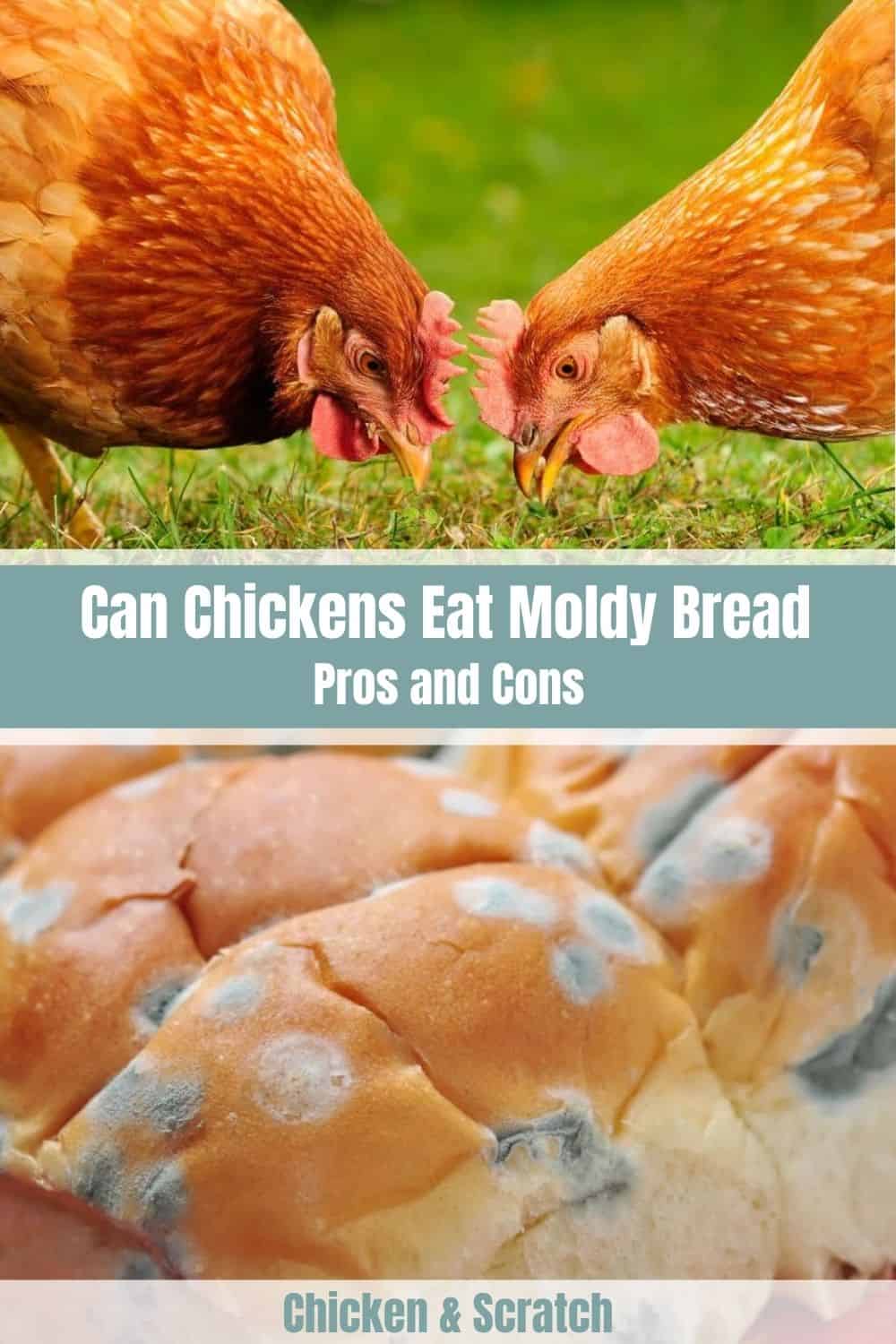
Bread is an essential food for chickens, and they can safely consume it as part of their diet. Chickens can digest carbohydrates, proteins and fat contained in bread, which provides them with essential nutrients, such as energy, vitamins, and minerals. Additionally, bread is easy to break down, which allows chickens to digest it quickly, while also providing them with a feeling of fullness.
The high-calorie content of bread makes it an ideal food for chickens, as it helps them keep their energy levels up. Bread is also a great source of fiber and carbohydrates, which are essential for a healthy digestive system, and it can help to reduce the risk of digestive issues in chickens.
Bread is also rich in essential vitamins and minerals, such as Vitamin B, iron, and calcium, which are essential for a healthy immune system and overall health of your chickens. Additionally, feeding your chickens bread can also help to promote healthy egg production, as it helps to provide them with the energy they need to lay eggs.
Finally, bread is a great source of protein, which is essential for muscle growth and development in chickens. This is especially important for chickens that are in the process of molting, as they need additional protein to help them regrow their feathers.
Overall, bread is an excellent food for chickens, and it provides them with essential nutrients, energy, and vitamins. Feeding your chickens bread is a great way to keep them healthy and happy.
What Types of Bread Can Chickens Eat?
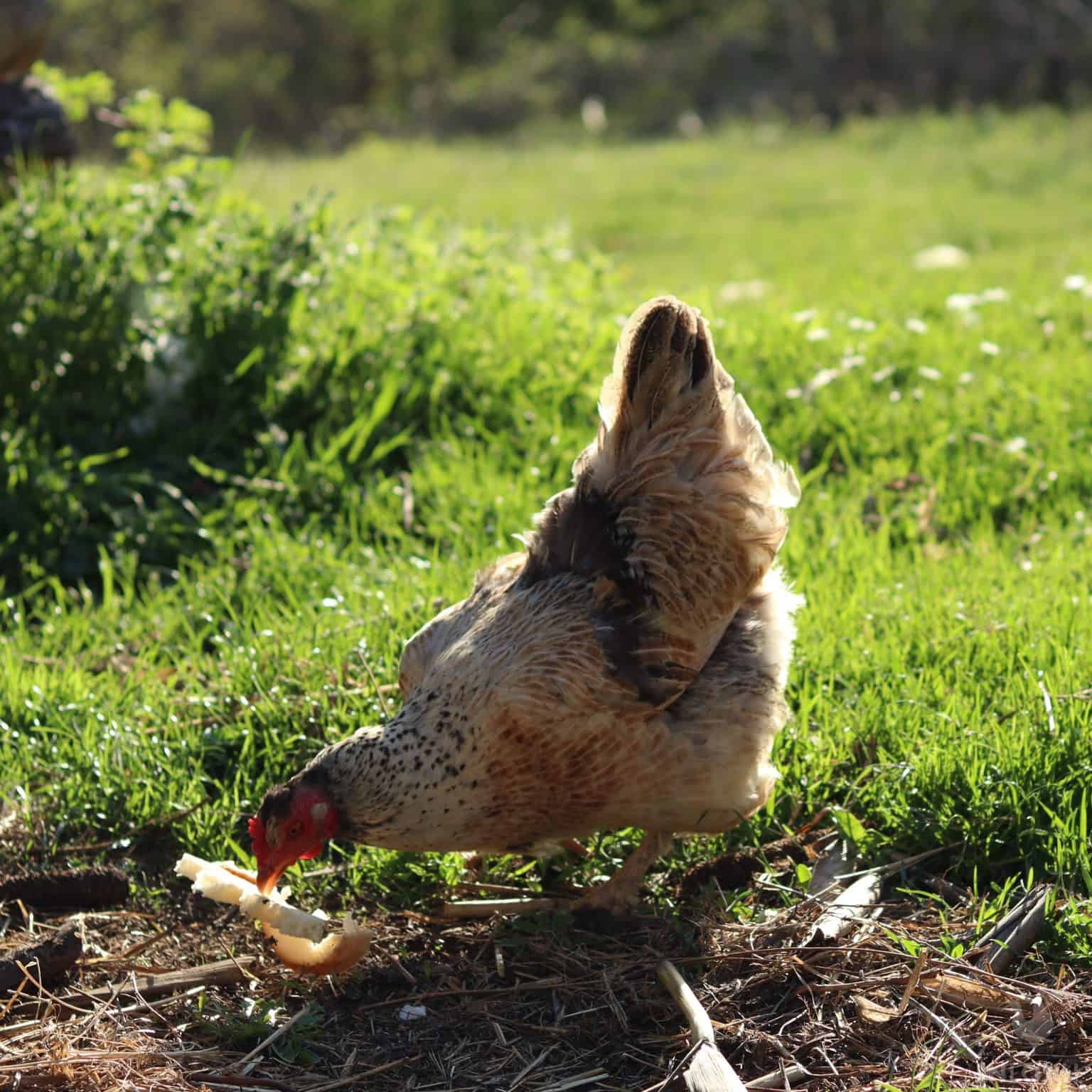
White Bread
Chickens can eat white bread in moderation. It is important to note that white bread should not make up the majority of a chicken’s diet, as it contains very little nutritional value. White bread should only be used as a treat or occasional snack.
Whole Wheat
Whole wheat bread is a much better option for chickens than white bread. It contains more nutrients and fiber, which provide chickens with essential vitamins and minerals. Whole wheat bread should be offered in moderation and should not make up the bulk of a chicken’s diet.
Rye Bread
Rye bread is another great option for chickens. It contains more nutrients and fiber than white bread, and is a better choice for providing chickens with essential vitamins and minerals. Like other types of bread, rye bread should be fed in moderation and should not make up the majority of a chicken’s diet.
Other Specialty Breads
Chickens can also eat other types of specialty breads such as sourdough and pumpernickel. These types of breads are higher in fiber and contain more nutrients than white bread. As with other types of bread, they should be fed in moderation and should not make up the bulk of a chicken’s diet. Can roosters eat bread? Yes, bread is a suitable snack for roosters as well.
Can Baby Chicks Eat Bread?
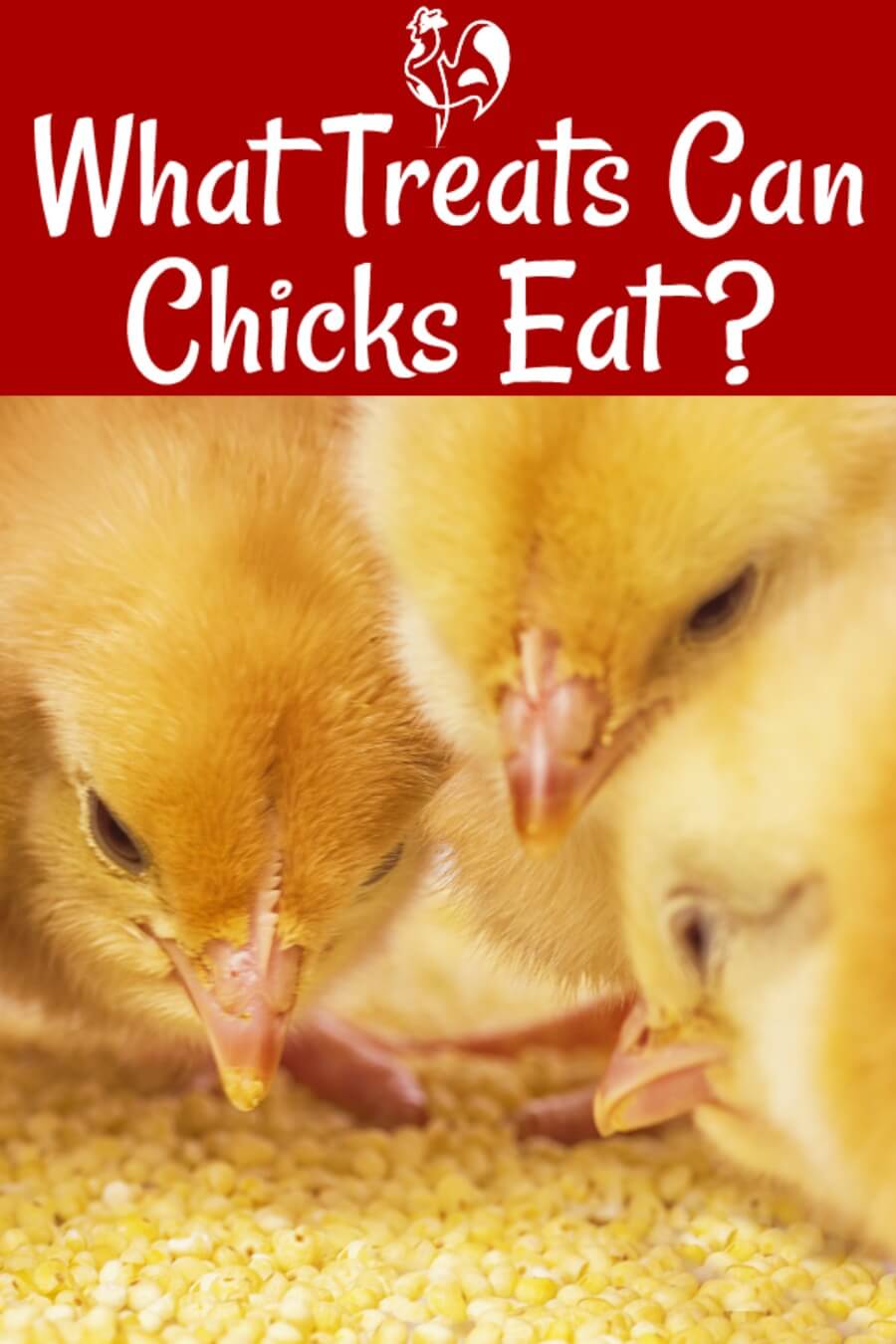
Yes, baby chicks can eat bread. Bread is a good source of carbohydrates, proteins, and fats for baby chicks and can be fed in moderation as part of their daily diet. However, it is important to note that bread should not be the only source of food for baby chicks and should be fed in combination with other foods such as fruits, vegetables, and insects.
When feeding baby chicks bread, it is important to ensure that it is fresh and not moldy. Moldy bread can be toxic to baby chicks and can cause serious health issues. Additionally, it is best to feed baby chicks white bread as it is easier to digest and contains fewer additives than other varieties.
Table: Feeding Baby Chicks Bread
| Food | Quantity |
|---|---|
| White Bread | In moderation |
| Fruits | In moderation |
| Vegetables | In moderation |
| Insects | In moderation |
Overall, bread can be a great source of nutrition for baby chicks, but should not be the only food that they are fed. It is important to limit the amount of bread given to baby chicks to avoid overfeeding and to ensure they are getting a balanced and nutritious diet.
How Much Bread Should a Chicken Eat?
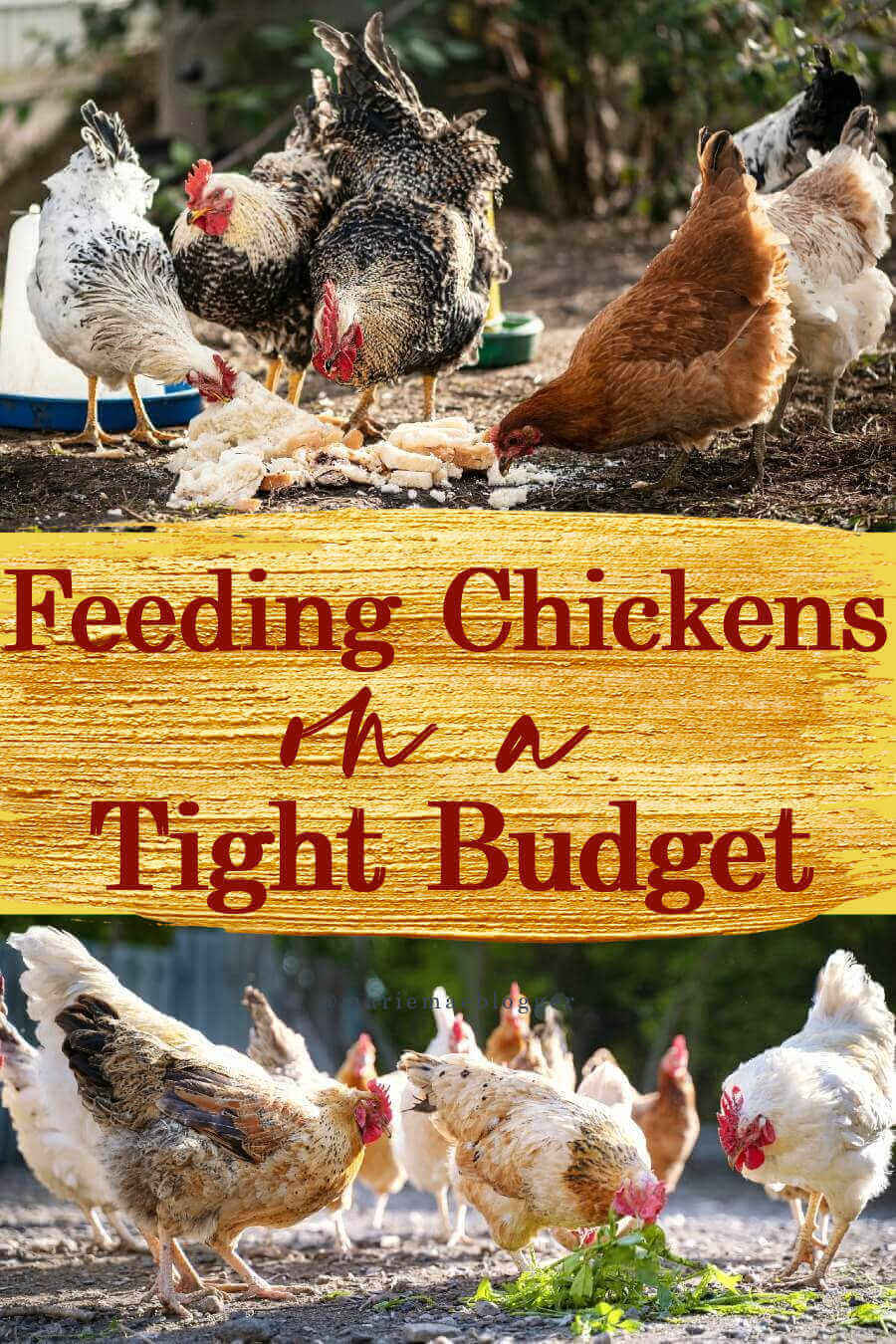
Chickens are omnivores, meaning that they can eat a variety of foods. Bread is one of the most popular options for feeding chickens, as it is an inexpensive and easy-to-find food source. But how much bread should a chicken eat?
General Guidelines for Feeding Bread to Chickens:
- Bread should not make up more than 25% of a chicken’s diet.
- Whole grain breads are preferable.
- Avoid giving chickens processed breads, such as white bread.
- Avoid giving baby chicks bread, as it can be difficult for them to digest.
Bread can be a great source of carbohydrates and protein for chickens. It is important to remember, however, that bread should not make up more than 25% of a chicken’s diet. Feeding too much bread can lead to obesity and other health problems. Whole grain breads are preferable, as they contain more nutrients than processed breads, such as white bread.
Can Baby Chicks Eat Bread?
It is generally not recommended to feed bread to baby chicks. Baby chicks have delicate digestive systems that may not be able to handle the high carbohydrate content of bread, so it is best to limit their diet to specially formulated chick starter feed. Once baby chicks are a few weeks old and their digestive systems have matured, they can be given small amounts of bread as part of their diet.
In conclusion, bread can be a great supplement for chickens, but it is important to remember to feed it in moderation. Whole grain breads are preferable, and baby chicks should not be given bread until their digestive systems have matured.
What Other Foods Can Chickens Eat?

Chickens are omnivores and have a varied diet. In addition to bread, they can eat a wide range of other food items like:
- Vegetables: Lettuce, cabbage, spinach, Brussels sprouts, carrots, celery, cauliflower, and squash.
- Fruit: Apples, oranges, bananas, grapes, and melons.
- Grains: Rice, oats, barley, wheat, and corn.
- Protein: Meat, fish, eggs, and insects.
- Fats and oils: Canola oil, olive oil, lard, and butter.
- Herbs and spices: Sage, oregano, parsley, thyme, and rosemary.
- Seeds and nuts: Sunflower seeds, pumpkin seeds, peanuts, and almonds.
It is important to provide a balanced diet for your chickens. Avoid feeding them anything that is spoiled, moldy, or contains artificial flavors, colors, or preservatives.
How to Feed Bread to Chickens
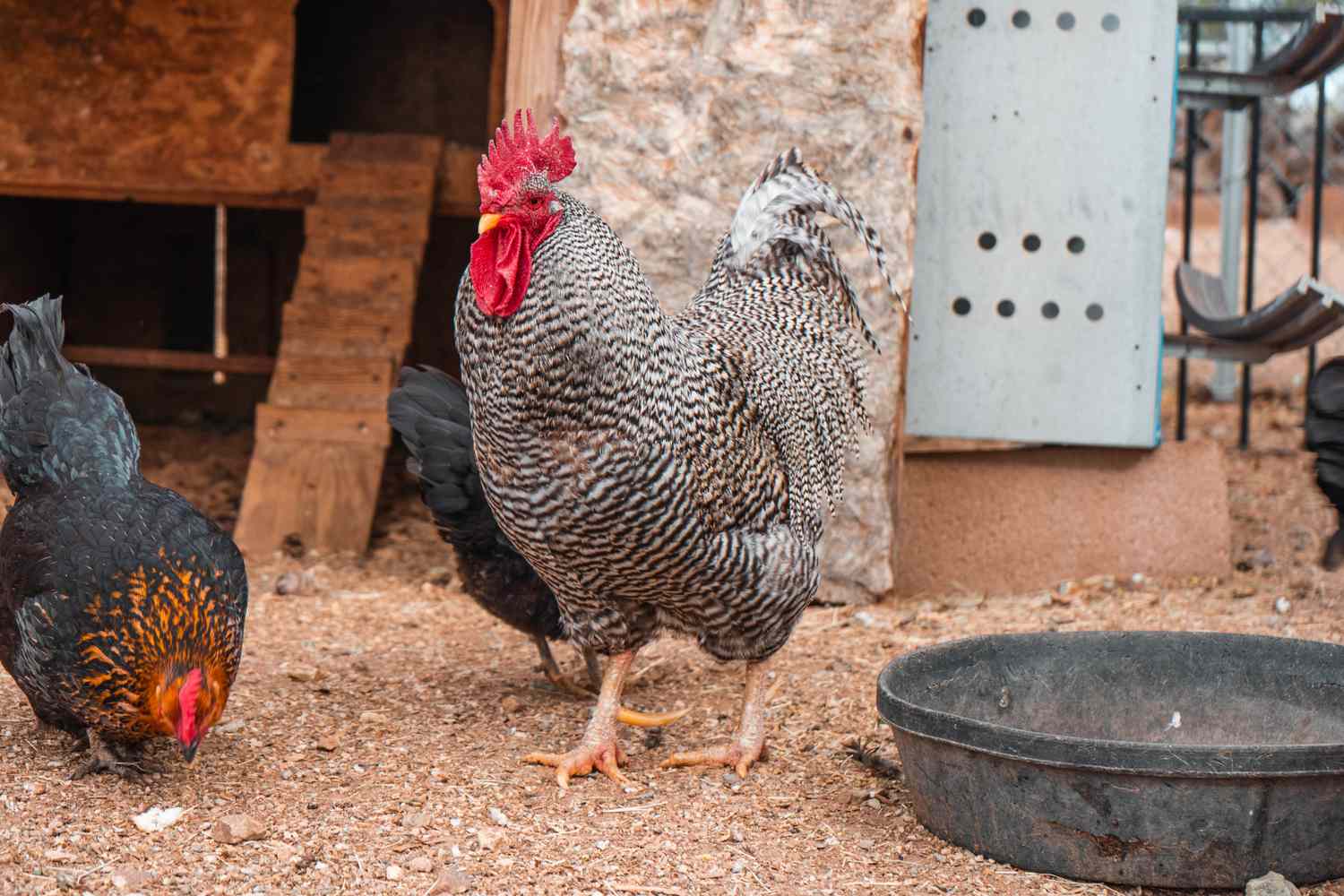
Feeding Bread to Chickens
- Provide bread as a treat to chickens that are already accustomed to eating pellets and/or greens.
- Chickens should only have access to bread for a short time each day.
- Avoid giving moldy bread and grains to chickens, as it can make them sick.
- Tear bread into small pieces that are easy for chickens to eat.
- Sprinkle bread with a bit of water to help chickens digest it.
Important Considerations
- Bread should not make up more than 10-15% of a chicken’s diet.
- Bread should not be given to chicks, as it is too high in carbohydrates and can interfere with proper growth.
- Avoid giving bread made with sugar, as this can lead to health issues for chickens.
- Scraps from the kitchen should be avoided, as they can contain bacteria that can make chickens sick.
Tips and Warnings
- Do not feed moldy bread. Moldy bread can be highly toxic to chickens and can cause serious health problems and even death.
- Chickens should only be fed small pieces of bread. Bread should be chopped into small pieces and not given to the chickens in large chunks, as they can choke.
- Bread should not be the only food fed to chickens. Bread should be used as a supplement to a balanced diet, and chickens should still be given feed and other foods such as greens and kitchen scraps.
- Bread should be limited to no more than 10% of a chicken’s total diet. Too much bread can cause health problems such as obesity and nutritional deficiencies.
Frequently Asked Questions
What is the Best Way to Feed Bread to Chickens?
Bread is an excellent source of carbohydrates and protein for chickens, but it should be fed as an occasional treat only. To ensure your chickens stay healthy, feed them a balanced diet of quality poultry feed and other nutritious foods. When feeding bread to chickens, it is best to break it into small pieces to prevent choking. Avoid feeding moldy or spoiled bread, as this can lead to digestive issues in chickens. Additionally, do not give chickens too much bread, as it can lead to weight gain and other health problems.
How Often Should I Feed My Chickens Bread?
- Bread must not replace the primary diet of chickens.
- Bread should only be used as an occasional treat.
- It is recommended to feed bread to chickens 2-3 times a week.
- Do not feed moldy bread to chickens.
- Always monitor the chickens for signs of indigestion.
Bread is a tasty snack for chickens, however, it should only be used as an occasional treat. Feeding bread too often can lead to health problems, such as indigestion, so it is important to use it sparingly. It is recommended to feed bread to chickens 2-3 times a week, but it should not replace the primary diet.
Always be sure to check for moldy bread before feeding it to chickens, as mold can cause serious health issues. Lastly, always monitor the chickens for signs of indigestion, such as weight loss or diarrhea. If these signs appear, discontinue feeding bread and consult a veterinarian.
How Much Bread Should I Feed My Chickens?
Bread is an essential food for chickens, as it provides them with essential carbohydrates and calories. To ensure your chickens are getting the most benefit from the bread, it is important to understand how much to feed them.
- For young chicks, a quarter cup (2 ounces) of bread crumbs should be offered once a day.
- For adult chickens, a half cup (4 ounces) of bread crumbs should be offered once a day.
- For very large breeds, one cup (8 ounces) of bread crumbs should be offered once a day.
It is important to ensure that the bread is fresh and not moldy. Bread that has gone stale can still be eaten by chickens, but should still be discarded if it has gone moldy. The bread should also be offered in a regular pattern throughout the day to ensure the chickens are getting enough nutrition.
Are there any safety concerns when feeding chickens bread?
Yes, there are some safety concerns when feeding chickens bread:
- It is important to avoid giving chickens moldy bread, as it can make them sick.
- Bread may contain high levels of salt, which can be harmful to chickens.
- Bread may contain preservatives and additives that can be harmful to chickens.
- Chickens can easily choke on large pieces of bread.
- Bread may contain large amounts of carbohydrates, which can lead to obesity in chickens.
It is important to be mindful of these safety concerns when feeding chickens bread and take appropriate measures to ensure the health of the chickens.
What are the Benefits of Feeding Chickens Bread?
Bread is a highly nutritious and cost-effective food source for chickens. It is a great source of carbohydrates, protein, vitamins, and minerals, and it is easy to digest. Bread can also be used to supplement a chicken’s diet with additional nutrients and to help keep a chicken in good condition. Additionally, bread is a great way to provide chickens with a tasty treat, and it can help to keep them entertained and active.
Conclusion
Bread is an excellent source of nutrition for chickens, but should be fed in moderation to ensure a balanced diet and healthy flock. When feeding bread, ensure it’s fresh, mold-free, and not stale. Finally, be sure to provide plenty of fresh water for your chickens and monitor their health for any signs of sickness or distress.
